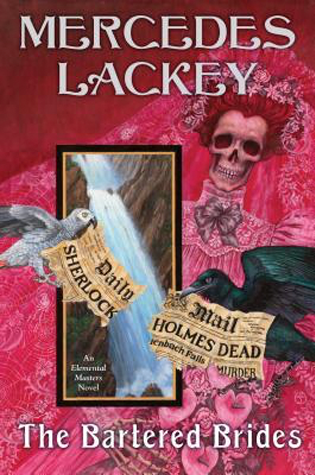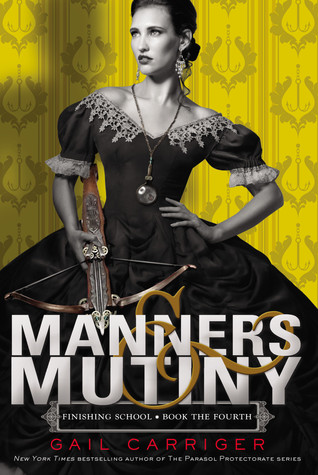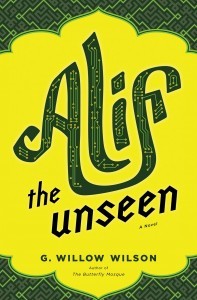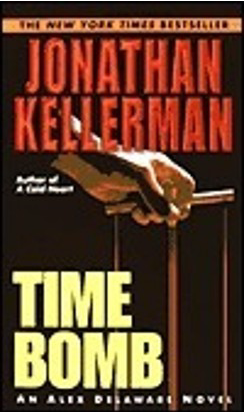I received this book for free from the library in exchange for an honest review. This does not affect my opinion of the book or the content of my review.
Source: the library
Sharpe’s Eagle
by
Bernard Cornwell
historical fiction, military fiction in Paperback edition that was published by Signet on August 3, 2004 and has 288 pages.
Explore it on Goodreads or Amazon
Other books by this author which I have reviewed include Sharpe's Fortress: India 1803, Sharpe's Trafalgar: Richard Sharpe & the Battle of Trafalgar, October 21, 1805, arpe's Prey: Denmark, 1807, Sharpe's Rifles, Sharpe's Havoc: Portugal 1809, Sharpe’s Escape: Richard Sharpe and the Bussaco Campaign, Sharpe's Gold: Richard Sharpe and the Destruction of Almeida, Sharpe's Battle: Richard Sharpe and the Battle of Fuentes de Oñoro, Sharpe's Company, Sharpe's Sword, Sharpe's Fury: Richard Sharpe and the Battle of Barrosa, Sharpe's Enemy: The Defense of Portugal, Christmas 1812, Sharpe's Honor, Sharpe's Regiment
Eighth in the Richard Sharpe historical military fiction series with this particular selection revolving around the Peninsular War in Spain and Portugal against the French and the battle at Talavera on July 27 and 28, 1809.
My Take
There is something so real about Cornwell’s treatment of the Peninuslar War as we read through Richard Sharpe’s actions and thoughts. I love that we experience this war through a common soldier’s eyes, his experiences, his feelings. It makes each battle, the survival of each day more viscerally real. We feel Richard’s frustrations with the chain of command, with the stupid system of purchasing promotions, of nepotism, of political connections being more important than merit. As well, it’s an incredible and vastly irritating contrast between officers and enlisted, between the upper class and the nothing. It’s another argument for nature and nurture with no advantage being held by either “side”.
This is the first novel in which Cornwell portrays the Spanish army as bumbling idiots incapable of organizing a piss up in a brewery. As accurate as he is in so many other portrayals, Cornwell does twist facts to suit his story so I am curious as to how truly bad the Spanish were. It’s just so hard to believe that any leader can be so incredibly incompetent as General Cuesta not wanting to battle because the men are tired and allowing the French army to more than double its size. I just don’t understand that. So, I had better suss out some books on the Spanish perspective. It will be most irritating if the primary reason for this kind of behavior and the Spanish avoiding fulfilling their side of the bargain with their English allies being simply one of pride.
Gawd, how lovely is it when Col. Lawford takes over the battalion!!
I love reading how Sharpe inspires the men. He has learned so much since his first promotion. He leads by example and by understanding what will motivate them. He understands what is necessary and what can be ignored. Sharpe has compassion. A man who never received compassion as a child or a young man. Who worked his way up in a system that continually thrust him down. You can’t help but admire Richard Sharpe. And that’s before you think of Sean Bean playing him…sigh…
The Story
Captain Hogan needs to blow up another bridge and usually Sharpe and his men would be a big enough escort, but politics insists that a Spanish regiment escort Hogan, and Wellesley feels a British regiment must go as well. Unfortunately for Sharpe, Simmerson’s South Essex is the general’s choice; fortunately for Sharpe, he is under orders to obey Hogan and not Simmerson.
A fact that Simmerson hates and immediately challenges Sharpe with an impossibility: To teach the South Essex to fire three or four shots in one minute. A challenge that only Sharpe can twist back on the old bastard! And Sharpe continues to show Simmerson up, time after time after time.
The Characters
Richard Sharpe is just hanging on as a lieutenant; Lieutenant Colonel Sir Henry Simmerson does not like to be made a fool of — he does such a good job all on his own. Sergeant Patrick Harper has gotten comfortable with his rank and with his commanding officer. They are friends and they watch each other’s back. The rest of his men who are mentioned include Pendleton, Daniel Hagman, Gataker, and Jedediah Horrell.
Lieutenant Colonel Sir Henry Simmerson has raised a battalion with his own money — the South Essex. It’s the ideal opportunity for Simmerson to show Wellesley how to properly run a war. All spitshine and discipline with perfectly ordered rows of polished soldiers. Lieutenant Christian Gibbons is Simmerson’s toady, lackey, nephew, and arrogant womanizer. Since he agrees with anything Simmerson says, his uncle believes that Gibbons is a brilliant strategist. Lieutenant Berry is another.
Those on Sharpe’s side include Captain Lennox of the Light Company who had been at Assaye as well with the 78th; the 16-year-old Ensign Denny; Lieutenant Knowles; Captain Thomas Leroy; and, Major Forrest.
Josefina has run away from her husband’s family in Lisbon, taken in by Gibbons’ promises, and rescued by Sharpe at least until she finds someone richer. Captain Claud Hardy of the Prince of Wales Dragoons is a rival for the beautiful Josefina.
Lieutenant Colonel the Honorable William Lawford returns to Sharpe’s orbit; an old friend from India who taught Richard how to read and write as they suffered in the Sultan Tippoo’s dungeons in Seringapatam. Sir Arthur Wellesley is in command. General Rowland “Daddy” Hill remembers Sharpe. Colonel Shrapnel’s invention continues to wreak havoc, and General Robert “Black Bob” Crauford is one of the celebrants at the dinner celebrating the victory.
The Cover and Title
The cover is subdued blues and reds banded in the deep blue above and a subdued red below while in between the redcoats are advancing on a stone-walled fortification with a French gun crew about to fire their cannon. Not sure what the fortification has to do with this story as the French did not fight behind a walled city or fort this time.
The title is perfect as Sharpe does acquire Sharpe’s Eagle in time forestall that idiot Simmerson. Sadly, Simmerson isn’t the last idiot in charge of men.















